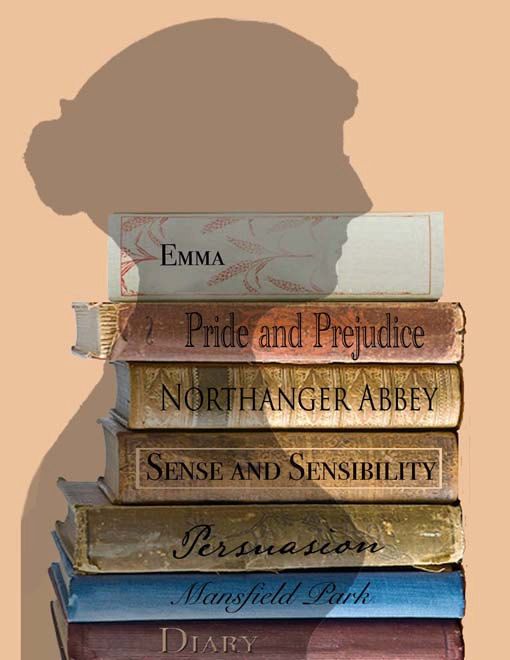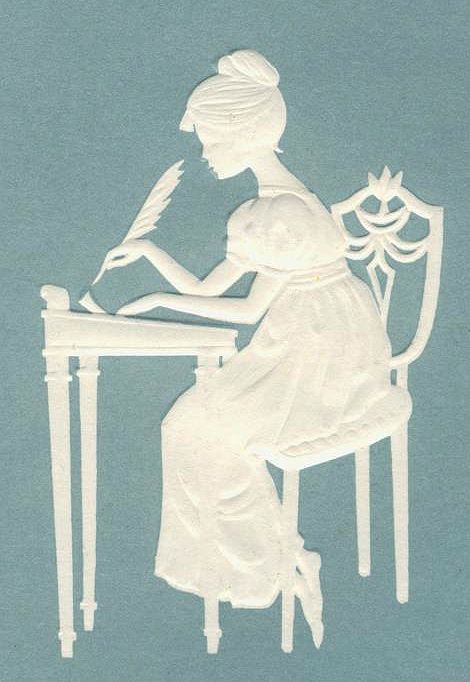Jane Austen

By Esrom Habtamu
2024 Nov 12
Jane Austen: The Author Who Revolutionized Literature
Jane Austen, born on December 16, 1775, in Hampshire, England, is one of the most beloved and enduring authors in literary history. With a keen eye for social nuance and a wit that transcended her time, Austen revolutionized the world of literature, weaving stories that explored themes of love, class, and the role of women in society. Although she published her works anonymously during her lifetime, today she is celebrated as a literary giant whose novels continue to captivate readers around the world.
Early Life of Jane Austen: A Writer’s Foundation
Jane Austen was born into a close-knit family, the seventh of eight children in the Austen household. Her father, George Austen, was a clergyman, and her mother, Cassandra Leigh Austen, came from a family with ties to the gentry. Although Austen’s family wasn’t wealthy, they valued education, and Jane was given access to books, a rarity for many girls of her time. Austen was taught at home, along with her sister Cassandra, and the two developed a deep bond that would last throughout their lives.
Austen’s early writing came in the form of letters, journals, and short stories, many of which she would later refine into the novels that made her famous. From a young age, Austen displayed a sharp wit and a love for storytelling, often writing satirical pieces about the society she observed.
The Rise of Jane Austen: A Voice for Women and Society
Austen’s first major work, Sense and Sensibility, was published anonymously in 1811. The novel was a success, but its author remained a mystery, as was the case for most of her books. Following this success, she published Pride and Prejudice in 1813, which has since become one of the most iconic novels in English literature. The book introduces readers to the unforgettable Elizabeth Bennet and the proud, brooding Mr. Darcy, whose complex relationship explores themes of love, misunderstandings, and personal growth.
Austen's writing was deeply insightful, critiquing the rigid class system and gender roles of her time. Her characters often struggled with societal expectations, but through her precise and witty narratives, Austen subtly challenged those norms. At a time when women were expected to marry well for social security, Austen's heroines were independent-minded and resourceful, often making decisions based on love, mutual respect, and personal growth, rather than merely wealth or status.

Image: Jane Austen Books
Jane Austen’s Literary Legacy: A Timeless Influence
In addition to Pride and Prejudice, Jane Austen wrote several other beloved novels, including Emma, Mansfield Park, Northanger Abbey, and Persuasion. These novels all share a common thread: keen social commentary, memorable characters, and a unique narrative voice that blended irony, humor, and keen observation of human nature. Austen’s ability to weave complex relationships with her deft prose set her apart from her contemporaries, and she quickly became one of the most respected authors of her time.
Although Austen was successful in her lifetime, her works didn’t receive the widespread acclaim that they enjoy today. After her death in 1817, her novels slowly gained recognition, and in the 20th century, they reached iconic status. Today, Austen’s works are studied in schools and adapted into films, television shows, and stage productions, with her legacy continuing to inspire new generations of writers and readers.
Jane Austen’s Enduring Impact: A Legacy of Feminism and Romance
Jane Austen’s influence goes beyond the pages of her novels. Her work has been a significant source of inspiration for feminist thought, as she gave women characters with agency, intelligence, and independence, long before such traits were celebrated in the broader literary world. Austen's sharp critique of marriage as an economic necessity, and her portrayal of women who sought love based on mutual respect rather than financial security, were revolutionary.
Her novels have stood the test of time because they explore timeless themes: the importance of personal integrity, the pitfalls of pride and prejudice, the complexity of human relationships, and the pursuit of true love. Even though Austen’s writing style and the societal context in which she lived are far removed from today’s world, her insights into human nature remain as relevant as ever.

Image: Jane Austen
Jane Austen: A Literary Icon for the Ages
Today, Jane Austen is regarded as one of the greatest authors of English literature, and her novels continue to captivate millions of readers. Her sharp social commentary, memorable characters, and intricate plots make her work endlessly fascinating. Austen’s wit and wisdom have earned her a place not only in the literary canon but also in popular culture, where adaptations of her novels—such as the beloved 1995 Pride and Prejudice film—continue to bring her stories to new audiences.
Jane Austen’s legacy is undeniable. In a world where women’s voices were often silenced, she made her own voice heard loud and clear. She challenged social norms, presented strong female protagonists, and provided a blueprint for future generations of writers to follow. Austen’s impact remains profound, proving that even more than 200 years after her death, her words continue to resonate, inspiring readers and authors alike.
Is there a particular Austen character you’d invite for tea or a quote that resonates with you? Share your thoughts in the comments! And if you have a favorite historical figure you’d like us to cover next, let us know. Let’s keep the conversation (and wit) alive!
Down below is the Reference and Resource List to help you explore more!
Reference List:
- Austen, Jane. Pride and Prejudice. T. Egerton, 1813.
- Austen, Jane. Emma. John Murray, 1815.
- Tanner, Tony. Jane Austen: A Life. Harvard University Press, 1986.
- Le Faye, Deirdre. Jane Austen’s Letters. Oxford University Press, 1995.
- Southam, Brian. A Jane Austen Encyclopedia. 2nd ed., John Wiley & Sons, 1995.
- Nokes, David. Jane Austen: A Life. St. Martin's Press, 1997.
- Austen, Jane. Sense and Sensibility. Thomas Davison, 1811.
Resource List:
- The Jane Austen Society of North America (JASNA). www.jasna.org
- The Jane Austen Centre. www.janeausten.co.uk
- Jane Austen Society of the UK (JAS). www.janeaustensociety.co.uk
- The British Library – Jane Austen. www.bl.uk
- "Becoming Jane" – 2007 Film.
- "The Real Jane Austen" – BBC Documentary.
- Oxford World’s Classics – Jane Austen Editions. www.oxfordworldsclassics.com
- Jane Austen Film Adaptations – IMDB. www.imdb.com
- The National Trust – Jane Austen’s House. www.nationaltrust.org.uk
Subscribe to our newsletter
Get weekly updates on the latest stories.